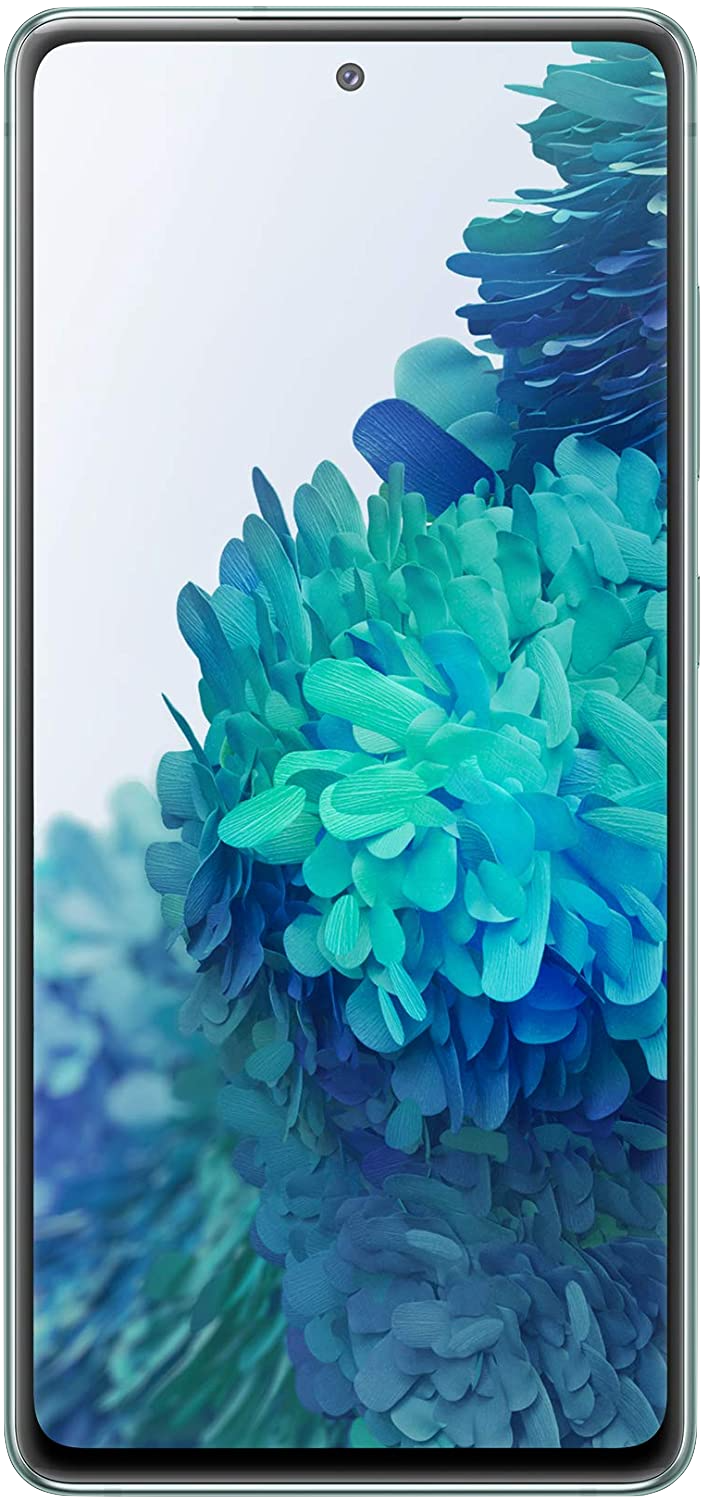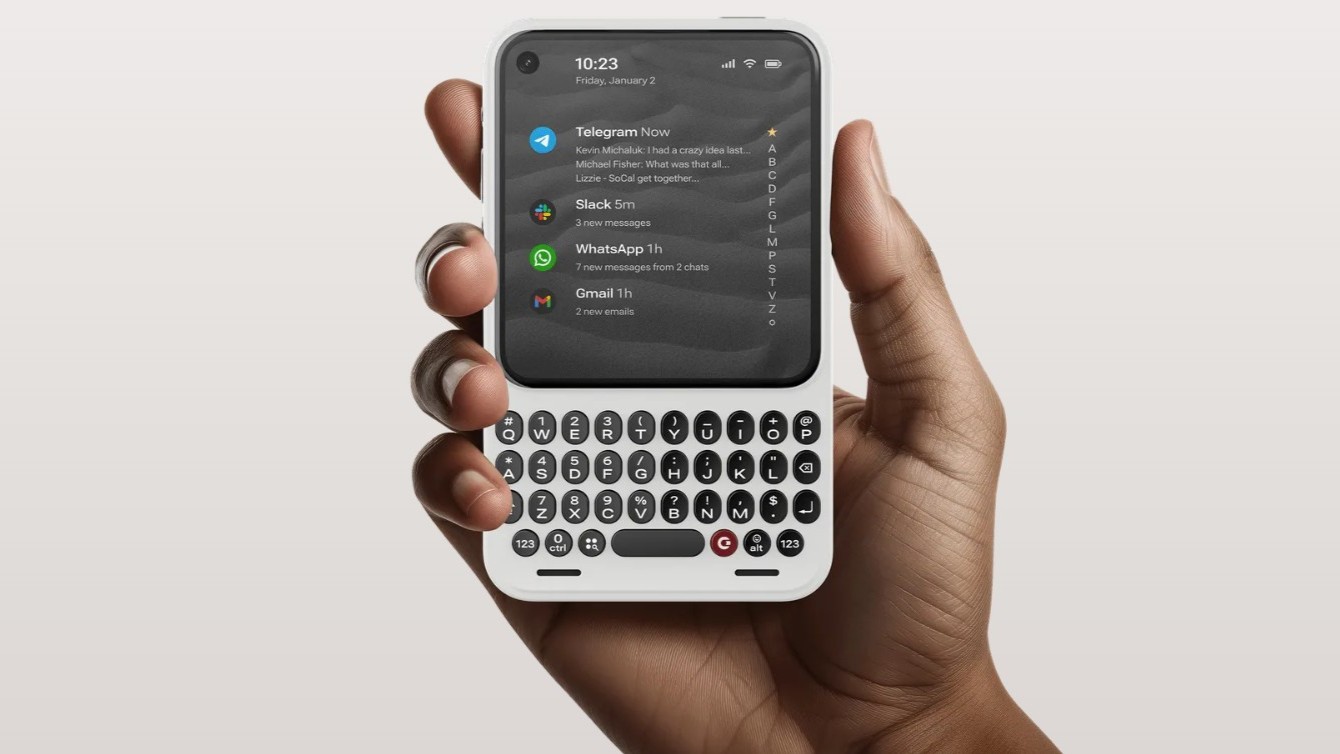Samsung's not-so-secret plan to beat Apple is all about leaving Qualcomm behind
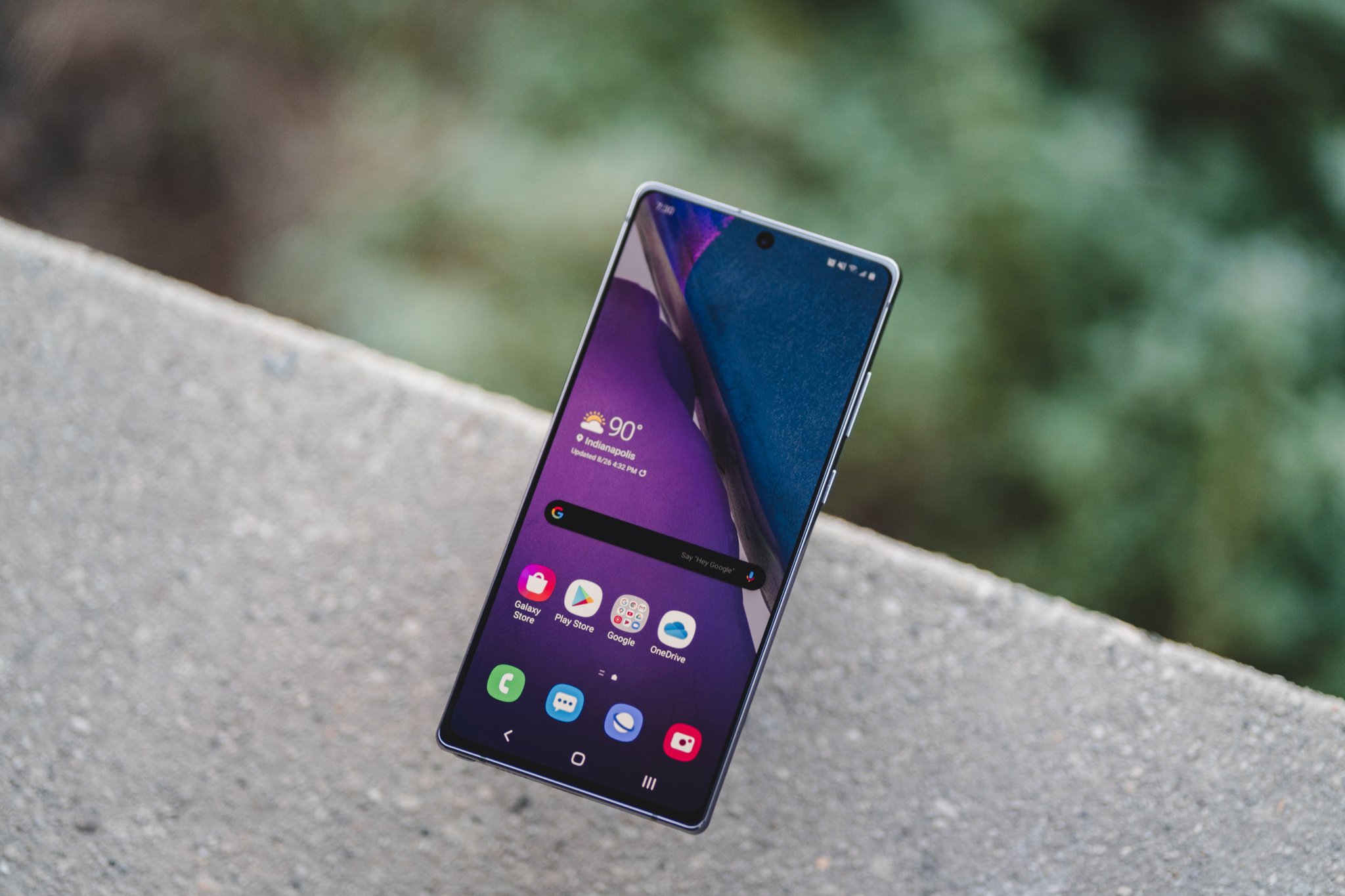
The last Samsung flagship phone sold in the Americas that used an Exynos chip was the Galaxy S6. This wasn't that remarkable because it wasn't out of place; Samsung had used its own chips in plenty of Galaxy phones destined for the states and even Google sold the Nexus S with Samsung's Hummingbird tucked inside.
But this was before Qualcomm had its beast mode moment with the Snapdragon. Snapdragon chips had been around for a while but before the company figured out how to reimagine what a smartphone SoC should look like and get to work on tightly integrating the best of everything needed to keep them connected, a Samsung chip was a real contender.
Of course, that's changed and now when you plunk down your hard-earned money on one of the best Android phones you can buy, you expect to see a Snapdragon inside it. Qualcomm has leveraged its smart but questionable business practices along with superior performance and functionality to become the industry leader. Even abroad, people aren't very happy when Samsung decides to use its own chips inside a flagship phone.
But what happens when (not if, but when) Samsung decides to use an Exynos chip or another brand name for its own high-performance chipset inside all of its phones? This is bound to happen and there will become a day where even in North America a new Galaxy phone will sport a Samsung chip.
While we can't know for certain, there are some things we can speculate about. And to be sure, this is all speculation at this point. Nobody knows when Samsung will decide to include its in-house processors in its best phones across the globe, but seeing how Samsung has changed the philosophy behind how it builds them, seeing Exynos inside certainly makes sense.
Samsung competing with Qualcomm can only make everything better.
For starters, this is good news for everyone. Even if you never buy a Galaxy phone, seeing Samsung decide to compete with Qualcomm in the high-end Android chip space means every chipmaker will need to put in extra effort to make its gear more incredible than the rest. When you spend $1,000 or more on a flagship smartphone, you damn well deserve to have a company work hard to build the best.
And if Samsung decides to go all-in with Exynos again, a great Exynos chip could end up in other brands, too. Remember Samsung is the company that makes the best parts inside every phone. Memory, displays, storage modules and controllers in every great phone of the last few years have been made by Samsung. Yes, even the iPhone. A super-powered Samsung processor division is good for the entire industry.
Get the latest news from Android Central, your trusted companion in the world of Android
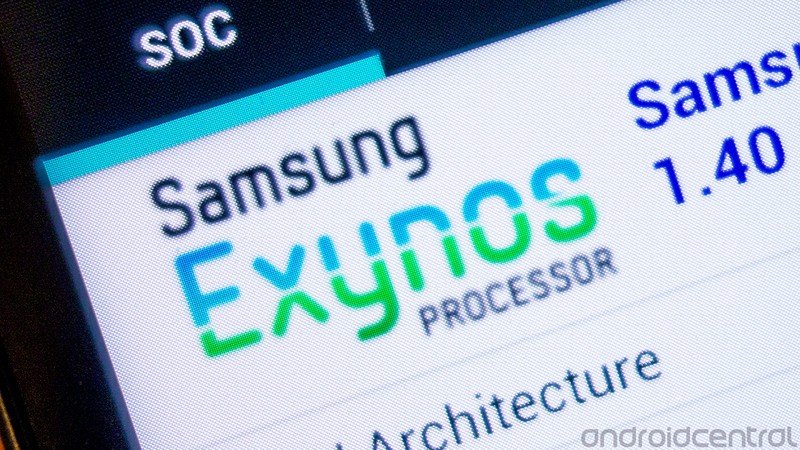
Back to Samsung, though, something like an Exynos CPU paired with an AMD-designed GPU and Qualcomm licensed RF and connectivity options could mean Samsung's own software works better than it does today. CPUs use something called an instruction set that tells it what types of code it can crunch. For the most part, the ARM architecture means the instruction set is the same across chips, but vendors can add what's called a complex instruction set atop of the base.
The iPhone is so smooth because iOS is written for Apple silicon. There's a lot to be said about optimization.
If Samsung writes the code and builds the CPU, it can mate them in a way no other Android vendor can. A huge reason why Apple's chips perform so well is that the hardware and the software have been designed to work together; everything is on the same wavelength and an Apple CPU would not perform nearly as well in a generic situation as it does inside an iPhone.
This means more than the operating system, too. Android and Tizen would certainly show performance improvements if paired with an in-house chip, but so would all of Samsung's other software bets. Samsung's own web browser, for example, is faster than Chrome because it doesn't include so many over-the-top security features Chrome does. With further optimization, those could be included and it could still be faster. It could also alleviate some processor load and memory calls if written with a specific instruction set in mind.
Everything above about better performance also applies to things like battery life, multimedia playback, and camera prowess. Right now, the simple truth is that a cheap $350 Pixel 4a can take better photos than a $1,100 Galaxy Note 20. The Note camera is far more versatile and something like a zoomed-in photo will be better when shot on a Note, but for a typical point-and-shoot photo, Google has better software magic.
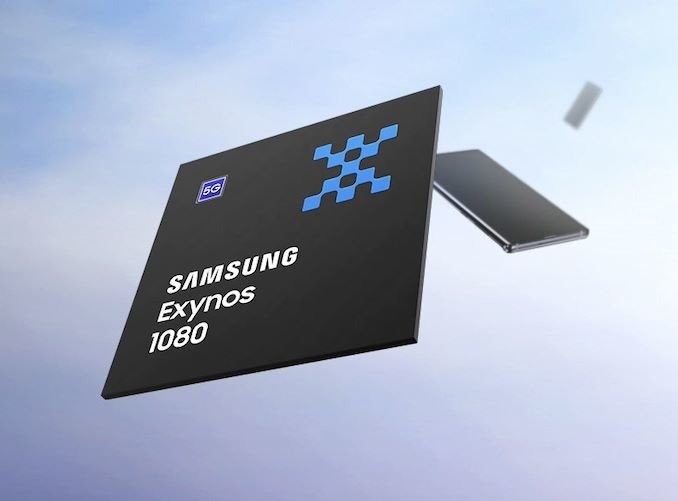
Samsung is a very close second. If it goes back to designing a serious smartphone chipset, it can also design a serious set of Image Signal Processors. Qualcomm has a huge head start here, but in the end, a Samsung-designed image processing chain paired with Samsung-written camera software using Samsung-powered AI could produce a photo that's Huawei-level good. Fun fact: that's exactly why Huawei's photos are so good and best the Pixel camera.
A powerful new Exynos means even Bixby gets better.
Finally, let's talk about Bixby. Yes, I know it's the cool thing to hate on Bixby, but why? Because it's just not as good as Google Assistant or even Siri at most things? Samsung is not going to give up on Bixby and you'll be disabling it every time you buy a new Samsung phone in the near future, but you might not want to do that if it were better and faster. A Samsung SoC with some extra AI chops could — you guessed it — make Bixby a lot better.
Samsung hasn't given up on building Exynos chips and we'll even see a phone from Vivo using the new Exynos 1080 soon. We don't ever want to see Samsung give up on the Exynos brand, even if Qualcomm beats it on performance and battery life and camera and everything else.
We do want to see Samsung do it better, though.

Jerry is an amateur woodworker and struggling shade tree mechanic. There's nothing he can't take apart, but many things he can't reassemble. You'll find him writing and speaking his loud opinion on Android Central and occasionally on Threads.
